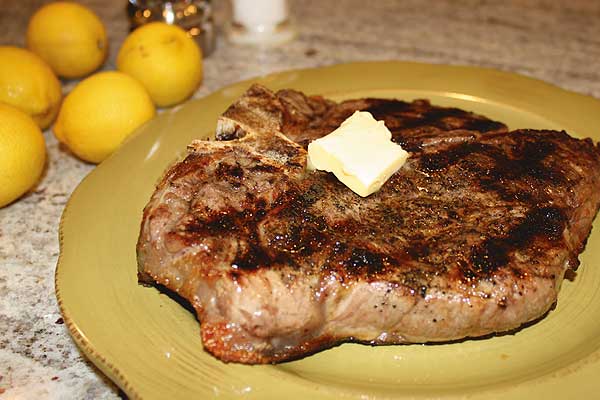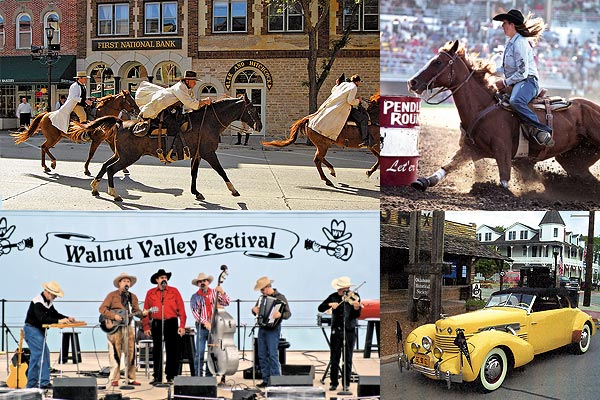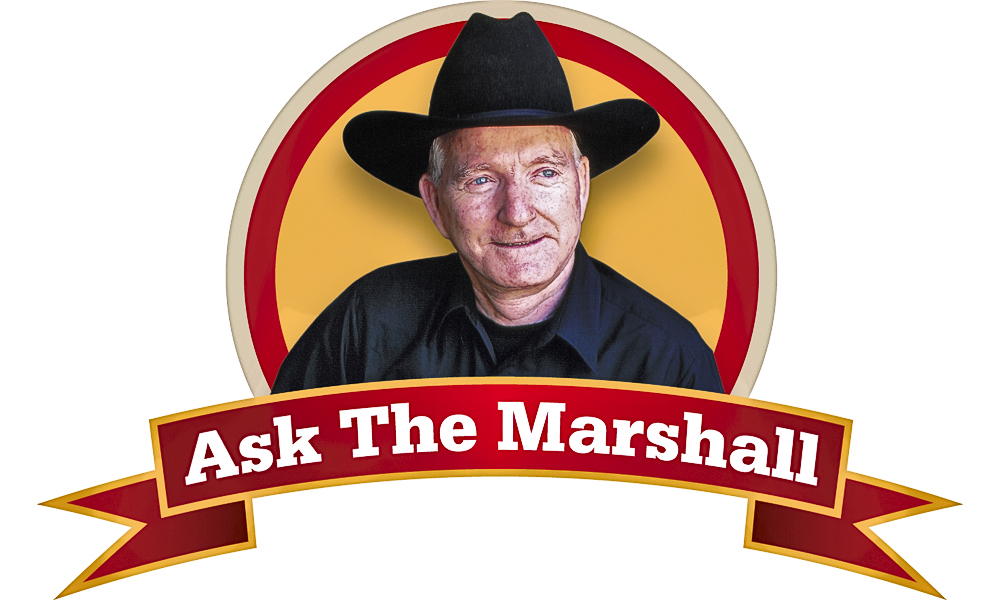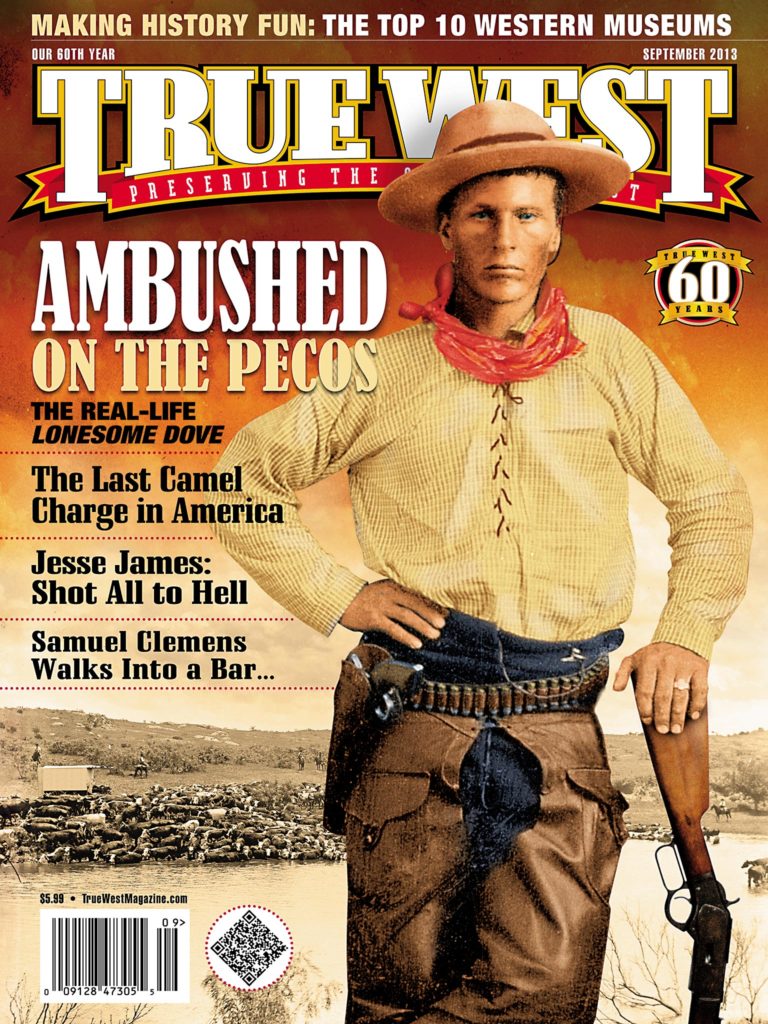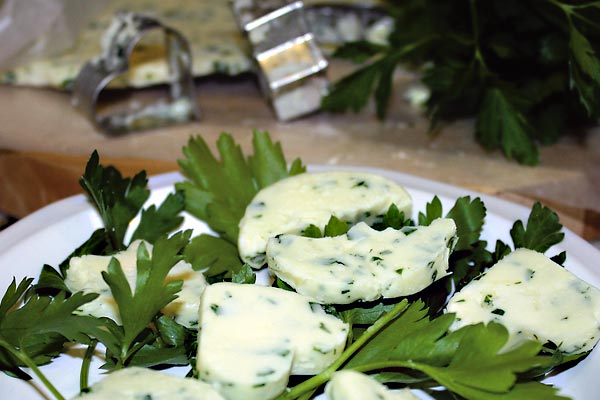 “Mother said to father, while on the train and looking at the herds of cattle through the window: ‘We can be sure of one item of food and that is milk.’”
“Mother said to father, while on the train and looking at the herds of cattle through the window: ‘We can be sure of one item of food and that is milk.’”
Yet when 12-year-old James Mathis migrated with his family from Arkansas to Grandpa John’s cattle ranch in Texas in 1885, his mother “…couldn’t find one drop of milk or a speck of butter anywhere about the ranch nor a cow that was being milked.”
“She asked grandfather about the milk matter. He told her that it was disrespectful for a cowhand to milk a cow and none of his men would lower their dignity to such extent,” he remembered. “However, it was considered fitting for a woman to do milking and that she could do all the milking that she wished to. Father cut out a couple young mother cows, and we had plenty of milk, cream and butter in a short spell of time.”
Folks today might have a hard time imagining a meal without butter, whether it be used for cooking or seasoning, but many frontier pioneers lived without it. Not everyone had a milking cow, despite being surrounded by cows. “With thousands of cows around us, we had no milk or butter,” said Robert Keen, recalling his days working as a 14-year-old cowhand at Dave Kretrell’s ranch on the Staked Plains in 1878. “We used what was called ‘Texas Butter’ in the place of butter, which was bacon grease, or sop, which was gravy. That was what we lived on, and meat was the main chuck.”
On the other hand, pioneers who lived near a town found plenty of butter sold at mercantiles, farms and dairies, or traded between families and businesses. “Father had oats, potatoes, garden stuffs, butter and eggs to trade for groceries and clothes,” said Mollie Grove Smith, whose father settled in James Canyon, New Mexico, in 1884 and traded goods in White Oaks.
Back in the day, butter did not arrive in four sticks; cooks had to separate the curds and whey in a process called churning. Fresh milk sat in pans until the cream floated. Cooks skimmed the cream off the top and put it into a churn. As they stirred the cream, curds of butter formed and floated in the cream, which became buttermilk. Then the cooks strained and salted the curds, shaping them into balls or squares with the butter paddles.
Pioneers on the trail may have suffered hardships along the way, but they did have one benefit. They effortlessly churned their butter as they trekked out West. Henrietta Gore kept a diary in 1852 as her family headed to Oregon: “The rough roads served us well when it came to the matter of churning the cream for butter. The cream was put in a receptacle and placed in the wagon in the morning. When evening came we were sure to have butter.”
At least one person felt he had too much butter. On April 21, 1895, in Kansas City, Missouri, William Davis, got peeved at his boarder, a local blacksmith Gabriel Hicks, over the amount of butter Hicks had applied to Davis’s potatoes. An upset Hicks tossed his coffee into Davis’s wife’s face and left. When Hicks returned, he hit Davis and knocked him down; Davis defended himself by shooting Hicks once. Hicks died almost immediately. Davis turned himself in and was placed in jail.
Pioneers not only saw butter as a desired commodity, but it could also be an art form. After churning the butter, some cooks placed it in decorative molds. They placed the molded butter on supper plates. The molded butter was sometimes flavored with herbs and spices, both for color and taste. Wow your guests by making homemade herbed butter from an 1893 recipe.
*** R E C I P E ***
~Herbed Butter~
1/4 pound butter, softened
1 T. minced parsley
1 T. minced tarragon
Blend the butter and herbs together (any herbs can be blended).
Shape the butter in molds and chill until firm.
Or roll it between wax paper, cut out shapes via cookie cutters
and chill until ready to serve.
***
Recipe adapted from The Kansas City Star,
September 28, 1893
Sherry Monahan has penned California Vines, Wines & Pioneers, Taste of Tombstone, The Wicked West and Tombstone’s Treasure. She’s appeared on the History Channel in Lost Worlds and other shows.


